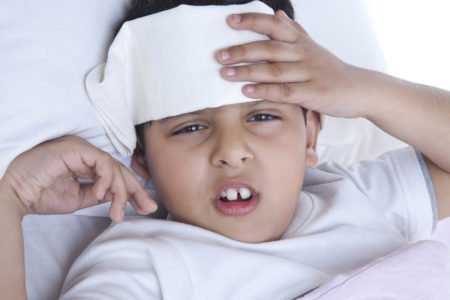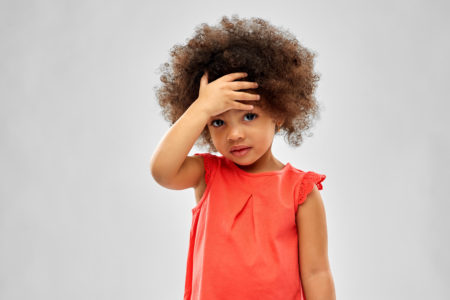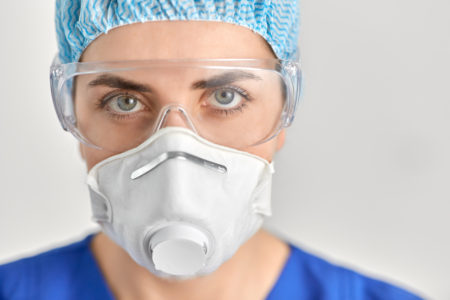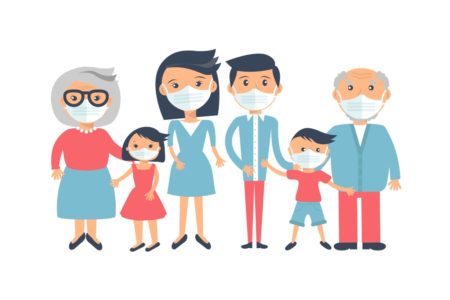Kawasaki Disease has certainly never been a household word. But today we are sure the medical term frightened many parents who heard about it on the news. Normally it is a rare immunological disease affecting children. However today, experts released alarming news: Doctors have identified it as an illness associated with children’s exposure to COVID-19.
As of this FLASS blog article, Kawasaki Disease has sadly claimed the lives of 3 New York children. Likewise, doctors in New York state have diagnosed 73 children who are suffering with this syndrome, referred to as “pediatric multisystem inflammatory syndrome. Additionally, this disease manifested in the children within 4 to 6 weeks after being exposed to someone with COVID-19.
More Grim News On Kawasaki Disease

Can You Recognize Symptoms of Kawasaki Disease in Children After Exposure to COVID-19?
This was “A complication of the coronavirus the state had not even acknowledged a week ago. Now, this new condition is now being seen across the country and is striking newborns and teenagers alike.”
Governor Cuomo stated in his coronavirus, “As it turns out, these children happened to have the COVID antibodies, or be positive for COVID-19.” But, those were not the symptoms they showed when they came into the hospital system…” And he added, gravely, “This is every parent’s nightmare, right?” He attempted to reassure the public as he explained that authorities would be intensely investigating the illness as well as the deaths.
A Fresh New Fear from the Coronavirus Threat
We are sure that today’s report struck a new note of horror among parents. As all of our readers know, we have been constantly reassured that COVID-19 does not seriously harm children. In fact, all across the USA, parents have believed that children were not at risk. Previously, we, as parents were only concerned children might carry the coronavirus to older members of the family. Now we know that children can be threatened by Kawasaki disease weeks after exposure to COVID-19. So let’s look at the symptoms of this new twist in the story of the Pandemic. These Kawasaki Disease symptoms are very different from the normal presentation of a basic case of COVID-19.
New Inflammatory Illness Strikes Children

We Know Parents Have Sufficient to Worry About… But Add Kawasaki Disease to Your List. It Requires Immediate Attention.
So, before parents panic, we of the Florida Lung, Asthma and Sleep Specialists present you with a list of symptoms. These are signs that might cause you some concern, especially when they appear in an otherwise healthy child. You will note the lack of one common COVID-19 symptom: So, most of these young patients do not begin with the normal COVID-19 symptoms of coughing and shortness of breath.
1. High Fever: Dr. Steven Kernie is a professor of pediatrics at Columbia University Vagelos College of Physicians and Surgeons and chief of Critical Care Medicine at New York-Presbyterian Morgan Stanley Children’s Hospital. He said they are seeing one or two children every day with similar symptoms.
“What we’re seeing is children who have had a high fever — over 102 or 103 — for three to four days…”
2. The Rash: The reddish rash presents any place on the child’s body. It is especially noticeable on the palms of their hands and soles of their feet.
3. The Eyes: Another sign might be very red eyes, almost like pinkeye.
4. Abdominal Distress: Far beyond a tiny tummy ache, this symptom includes pain, cramps, and diarrhea.
5. Heart Trouble: Often after hospitalization, cardiac symptoms begin to appear. Dr. George Ofori, Pediatric Critical Care Director at Mount Sinai Kravis Children’s Hospital said, “…Some patients have developed heart problems and low blood pressure that led to shock.”
Additional Symptoms

Kawasaki Disease Can Also Strike Teenagers.
6. Lethargy: Fatigue or failure to rouse from sleep are signs something is wrong. Likewise, sudden irritability could be symptomatic of the Kawasaki syndrome.
7. Urine Frequency or Infrequency: Fever and infection can cause urinary problems and dehydration.
8. Skin Color: Is your child suddenly very pale? Are his lips bluish?
9. Chest Pain: Usually in more advanced cases, but this could be a complaint associated with serious issues since heart problems are common with Kawasaki disease.
10. The Combinations: Dr. Ofori explained, “Some of the cases that we are currently treating entered our care presenting with symptoms such as abdominal pain, vomiting, diarrhea, and a low-grade fever. Others presented first with a rash, conjunctivitis [red eyes], and/or cracked lips.”
Dr. Kernie believes that the problem is not a primary infection. It arises from the “child’s immune response to exposures that took place weeks prior.”
The Terrific Takeaways
The doctors and healthcare professionals of FLASS urge you to see a doctor as soon as possible if your child is exhibiting such symptoms. The key to treatment is fast action. “A pediatrician’s referral to a specialist is essential, including admission to critical care units if necessary. Beginning treatment quickly can help prevent end-organ damage and other complications.” Certainly, Kawasaki syndrome does not have to be fatal.

Watch the Vulnerable in Your Family. New Dangers From COVID-19 Are Still Being Discovered.
Here at Florida Lung, Asthma and Sleep Specialists, we are relieved authorities have informed the public to be aware of this important new development in the story of the coronavirus and our fight against this “invisible enemy.” Parents, be vigilant. Be observant. Beware.
We too want parents to be aware of the symptoms listed above. We must now consider children to be vulnerable to a new set of symptoms. Therefore, if your child has these symptoms in any combination, see your doctor or healthcare provider immediately.
We still have a lot to discover about this coronavirus and all the ways it can threaten the members of our most vulnerable and precious populations, elders, and now, through Kawasaki Disease, our children.

